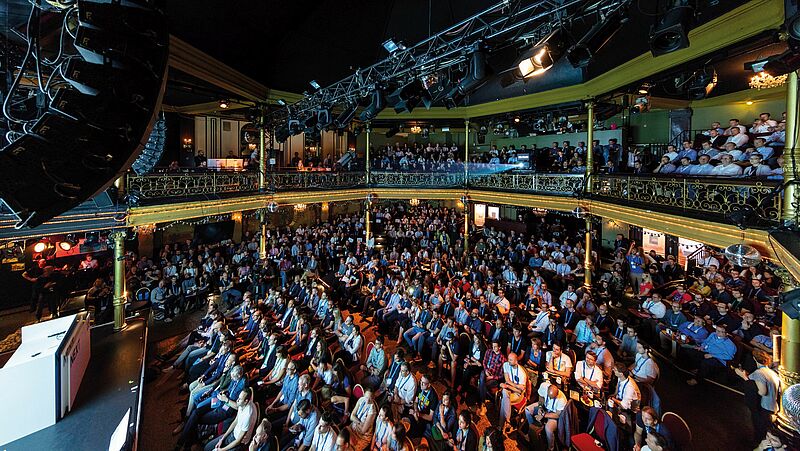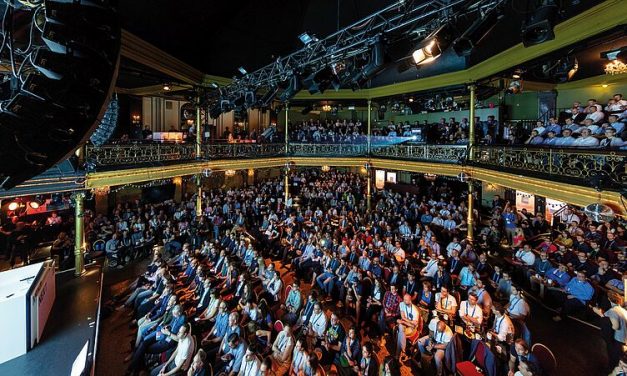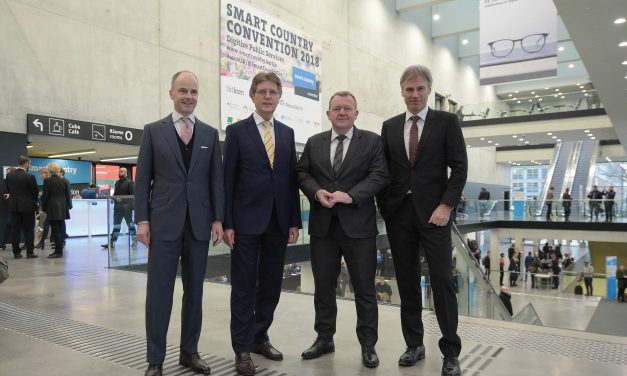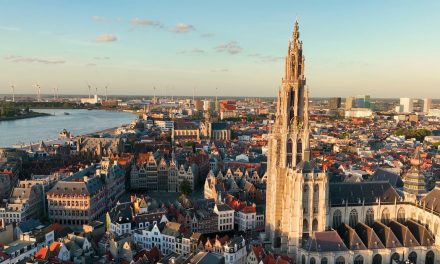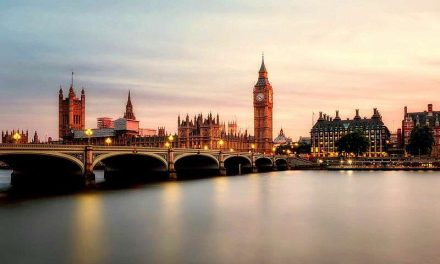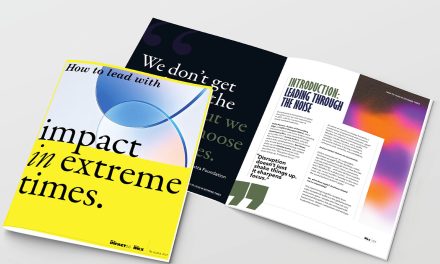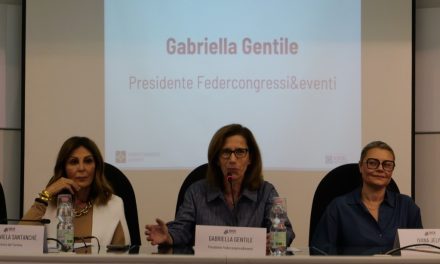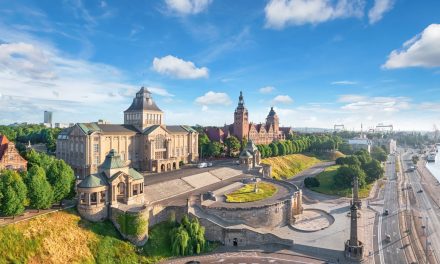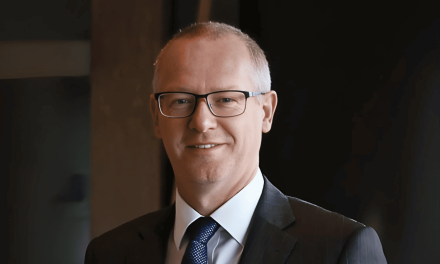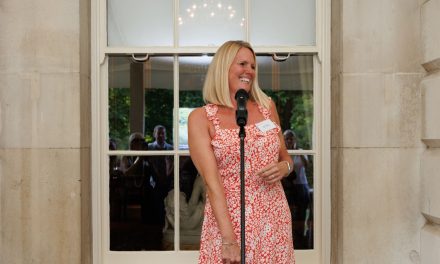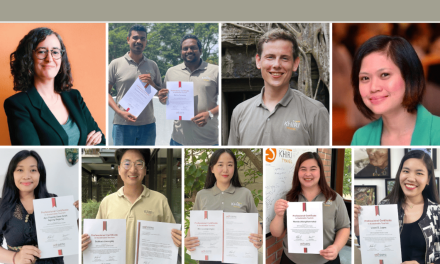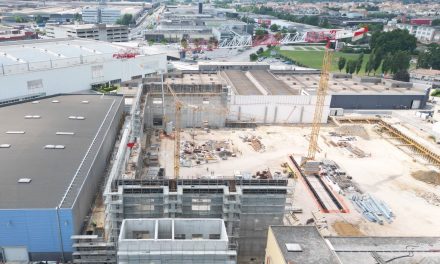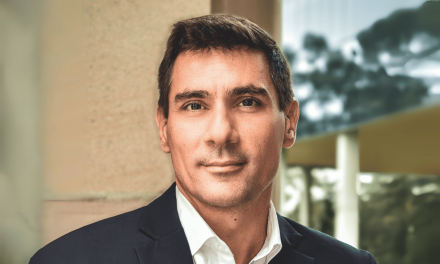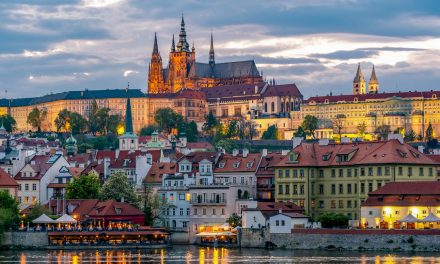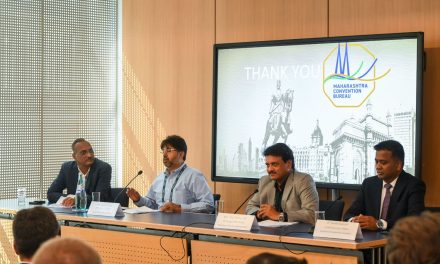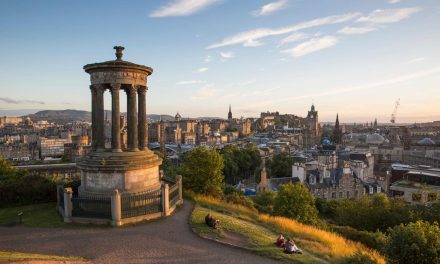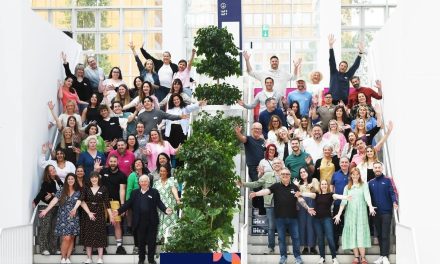New strategy. Germany’s international competitiveness depends on developing its digital infrastructure. Following its meeting on digitalisation at the Hasso Plattner Institute in Potsdam on 15 November 2018, the German cabinet approved a new digital strategy: 3 bn euros will be invested by 2025 in making Germany a leading centre of research into artificial intelligence. 100m euros have been allocated for this in the budget for 2019. The 1.6 m jobs that will be lost by 2025 as a result of technological change will, according to Hubertus Heil, the Federal Minister of Labour and Social Affairs, be outweighed by 2.3m new jobs. An online citizen’s portal will provide access to 575 public services from a single website.
The implementation of these ambitious goals will be accompanied by conferences and meetings. DigiDay 2018, organised by the German Convention Bureau on 5 December 2018 at Design Offices Frankfurt, examined the re‧levance of digitalisation to the meetings industry. The benefits are optimisation of the registration process and personalisation of each participant’s journey. For the individual industry player, there are three steps towards becoming a “digital hero”: assess your own abilities, embrace change, and select the right digital tools.
The prerequisite for the implementation of digital strategies and goals is comprehensive nationwide broadband. “We need high-speed Internet wherever people live and work,” said German President Frank-Walter Steinmeier on 23 January 2019 at International Green Week Berlin. He opened a future forum at the trade fair, focusing on the development of rural regions. Those who live outside large towns are most likely to be without broadband. Germany is an urbanised society with a big gap between urban and rural areas.
“Fibre to every last farm: how local authorities can succeed with broadband expansion”: that was one of the topics discussed at the Smart City Convention at its premiere at the CityCube in Berlin from 20 to 24 November 2018. Organised by Bitkom, the German digital industry association, together with Messe Berlin, this conference and trade fair on the digitalisation of cities and other local authorities attracted 500 speakers and 130 partners. “We are positioning the Smart Country Convention as the leading event for the digitalisation of public services,” says Messe Berlin CEO Dr Christian Göke. He believes the event has significant potential. It will be taking place again from 22 to 24 October at the CityCube.
A federal conference entitled “Stadt.Land.Digital”, focusing on smart cities and smart regions, was opened by Peter Altmeier, federal minister for economic affairs and energy, on 16 January 2019. An initiative of the same name set up to help cities and other local authorities with digitalisation recently launched a competition with the aim of identifying future-oriented projects. Dortmund, Lübeck and Darmstadt were chosen from a total of 218 entries. The winners are travelling to Vienna, where they will learn more about smart cities and smart regions.
Darmstadt received a special award in the Smart Region category. This was created on the initiative of an energy supplier that developed a new organisational structure together with local authorities in the Rhine-Main-Neckar region. The digital Lübeck energy cluster is innovative because it offers institutions and citizens a shared platform where they are on an equal footing. The conference of the IT planning board of the Association of German Cities is taking place in Lübeck from 12 to 13 March 2019.
The Smart City Dortmund alliance is made up of 130 companies, associations and institutions brought together on the initiative of the Chamber of Industry and Commerce (IHK) and the city of Dortmund. The aim is to achieve energy efficiency with the help of digital technology. The city of Dortmund is hosting the 40th AGM of the Deutscher Städtetag, an association of German cities, from 4 to 6 June 2019. The theme this year can be translated as “pulling together in our cities”.
Last time, in 2017, this biennial event was held in Nuremberg. The city has positioned itself very well with MesseNürnberg and NürnbergConvention, in the digital sector as well. At the national IT summit on 4 December 2018 in Nuremberg, the focus was on ‧artificial intelligence. Embedded Systems, the leading international trade fair for embedded systems, will be bringing over 1,000 exhibitors, 2,200 convention delegates and over 32,000 ‧industry visitors to Nuremberg at the end of February 2019. The halls will again be full for the IT Security Expo and Congress (it-sa) in October 2019.
NEXT in Hamburg is an example of how events revolving around digitalisation can develop from purely business conferences into digital festivals. Next time it takes place, on 19 and 20 September 2019 at the theatre Schmidts Tivoli, the 1,500 visitors will also get admission to Germany’s largest club event, the Hamburg ‧Reeperbahn Festival. 40,000 people are expected to attend over 500 concerts.
Digitalisation will be generating a lot of meetings in 2019. The auction of the new 5G mobile frequency bands in March and Brexit on 29 March 2019 will make sure of that. “The rejection of the Brexit deal threatens data chaos in Europe. As of 30 March 2019, German companies will have to treat their British partner companies and customers, and data centres or IT service companies based there, as being outside the European Union,” warns Bitkom President Achim Berg.
- The Smart Country Convention goes international. Photo: Messe Berlin

